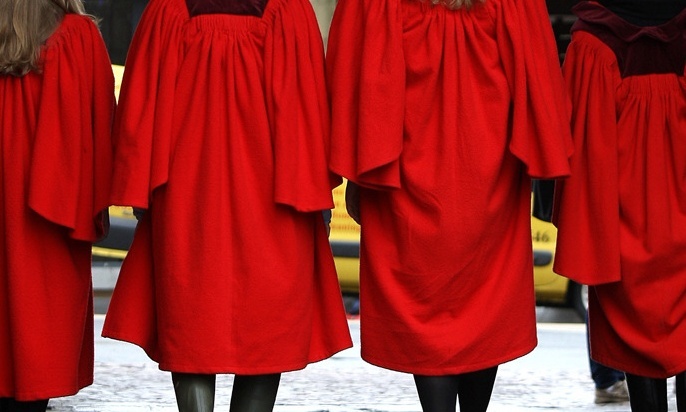The University of St Andrews has been accused of prejudice against college students by a top government adviser.
It is among several ancient seats of learning which Professor Peter Scott, Scotland’s first commissioner on fair access to higher education, claimed were unfairly treating those with vocational education.
The Scottish Credit and Qualifications Framework allows students to accrue credit points which in some cases can be transferred to other learning programmes so that study is not repeated.
Universities and colleges decide how many credit points can be transferred into their own programmes.
Only 29 students with Higher National qualifications were accepted to the Fife university in 2014/15 through articulation, meaning they could enter their course at second year level.
At Glasgow Caledonian there were 1,557 cases where students were allowed to bypass first year and at Napier, in Edinburgh, there were 980.
In a talk at Holyrood, Mr Scott told key figures from higher education that post-1992 universities had accepted far more students through articulation than the ancient universities, also including Glasgow, Aberdeen and Edinburgh.
He suggested there may be a continuing prejudice in favour of academic and against vocational education.
Mr Scott told the Sunday Herald: “Napier or Glasgow Caledonian would be more ready to accept Higher National students and give them some advanced standing, than St Andrews would be.
“I think universities are really worried about their league tables these days.
“And they are all so obsessed by league table positions. Too much so in my view.”
Mr Scott said there was a fear in some universities that any sort of modification of intake might have an impact on league tables.
A spokesman for the University of St Andrews said: “In our experience, there are many different reasons why students and universities may choose not to apply the SCQF credit framework for HNC/D, and these depend largely on individual circumstances and preferences.
“It would be fair to say that on some occasions it relates to content of the previous qualification and other times the course for which the applicant has applied.
“On other occasions it is because the student wishes to take full advantage of the flexibility of our faculty system by joining us in first year.”









